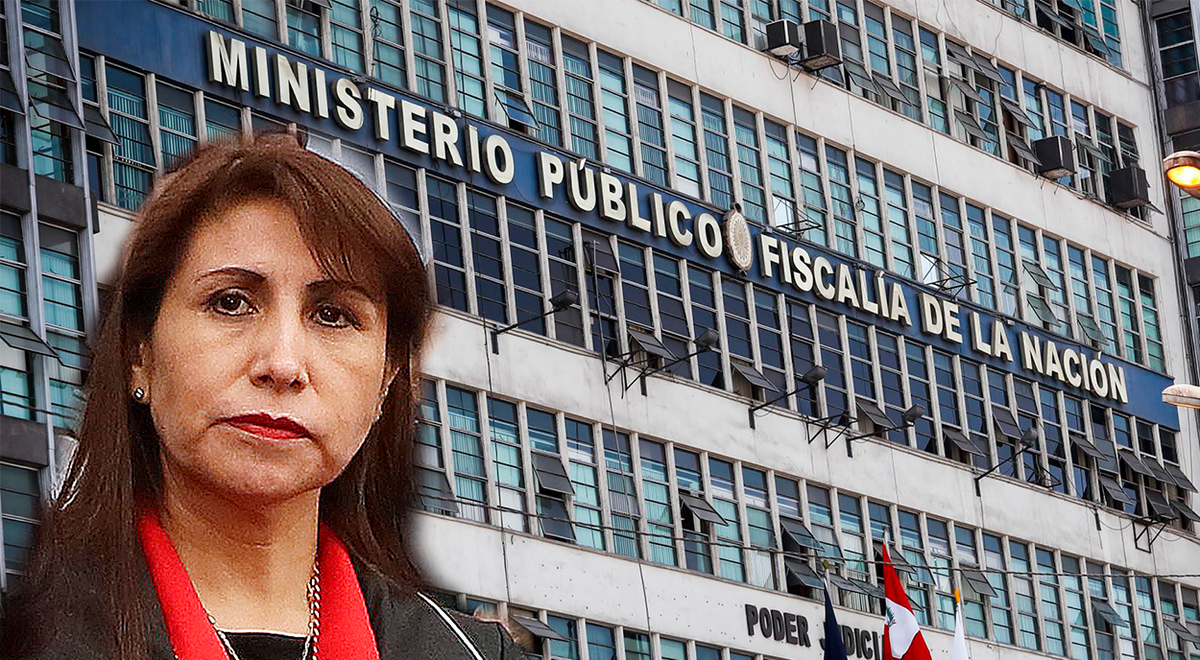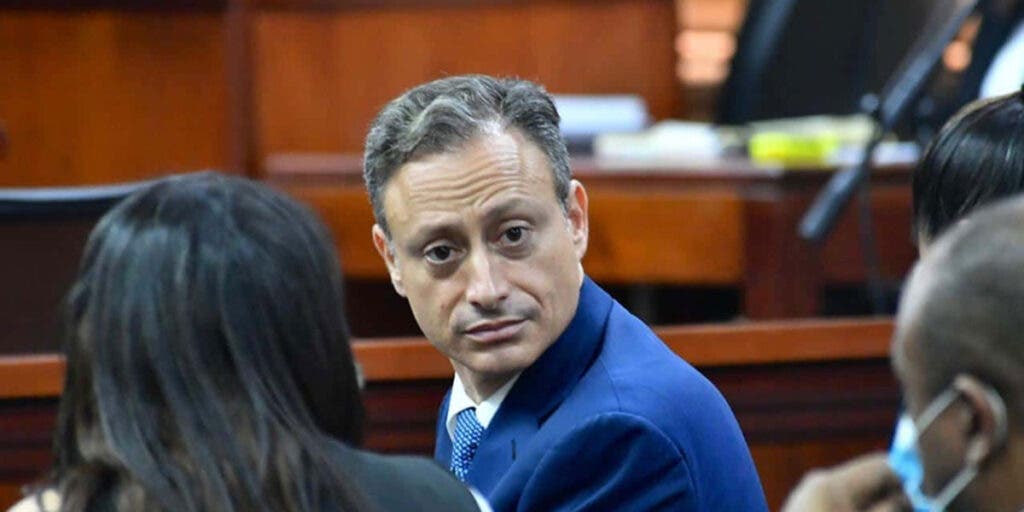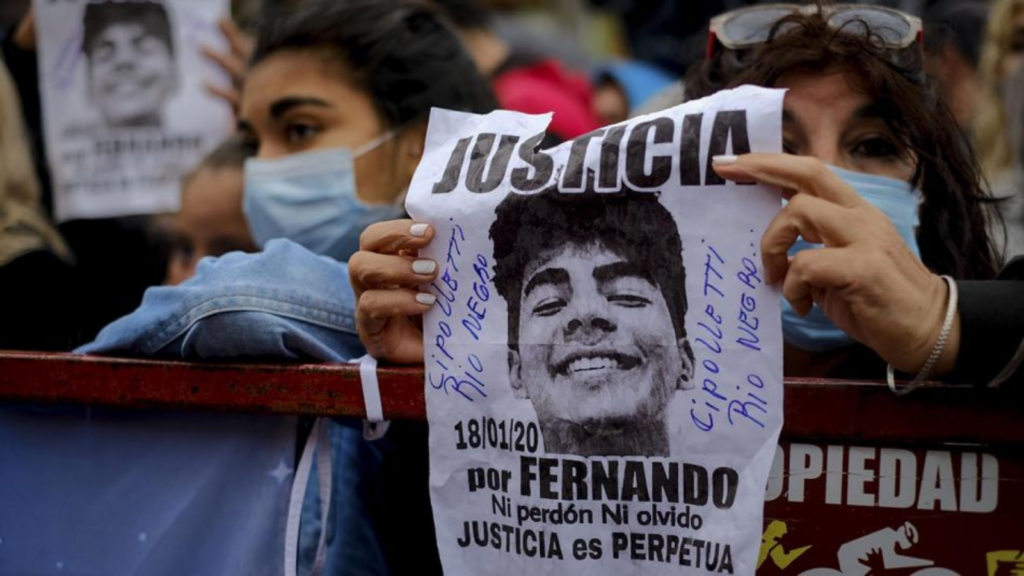Through the social network Twitter, the Public Ministry accuses of falsehood an article published in the newspaper La República, on January 13, with the title: Dismantle Human Rights Prosecutors at the national level. Five days after this article was published, the prosecution indicates that, on the contrary, what it has done is strengthen this subsystem.
In order to clarify the situation, we are going to contrast what the prosecution says with the verifiable and physically verifiable reality, which we have published..
The Public Ministry says:
one) “The Human Rights and Intercultural Prosecutor’s Offices have been strengthened to deal with investigations with a focus on human rights and interculturality with greater specialization and speed.”.
2) “It is false that the fiscal offices have been dismantled, on the contrary, it is the first time that the Public Ministry will have a fiscal subsystem specialized in human rights and interculturality, independent from other fiscal subsystems (corruption, organized crime, etc.).
3) “Thus, specialized prosecutor’s offices for human rights and interculturality were recently created in the fiscal districts of Ucayali, La Libertad and Madre de Dios. With these new offices, the number of prosecutors specializing in human rights is increasing and there are now 9 in the country”.
An 18 year existence
The sources of the information published on January 13 are based on an institutional video of November 22, 2022 for the 18th anniversary of the prosecutor’s offices specialized in Human Rights, Interculturality and Terrorism.; the speech of January 4, 2023 by the National Prosecutor, Patricia Benavides; and a series of resolutions published on January 13, in the official newspaper El Peruano.
The institutional video shows that since 2004 there is a subsystem specialized in crimes against human rights, interculturality and terrorism. Therefore, to say that this is the first time that this specialty exists, independent of corruption and organized crime, is to try to rewrite history. It is totally false.
Terrorism prosecutors have existed since the 1980s. For 18 years there has been a prosecutor’s office specialized in human rights, which also took on terrorism cases, which were fewer every day. The Peruvian judge of the International Criminal Court, Luz del Carmen Ibáñezhe was the chief prosecutor of this highly specialized and internationally recognized system.
In her speech on January 3, Dr. Patricia Benavides also refers to the existence of this system and announces that it will be divided in two. It is impossible to divide something that does not exist, that is just going to be created.
This subsystem, at the national level, was made up of a total of 12 prosecutor’s offices, of which two were superior prosecutor’s offices based in Lima and 10 supra-provincial prosecutor’s offices based in Lima (3), Ayacucho (2), Pichari-Cusco (1) , Huánuco (1), Apurímac (1), Junín (1) and Huancavelica (1).
verifiable reality
When the resolutions that set in motion the division announced by Dr. Benavides were published in the newspaper El Peruano, what was done, in order to provide detailed information to the public, was to compare what existed as of January 12 with what was new it was being created, on January 13, in the midst of a great social upheaval and more than 40 deaths in citizen protests.
A simple mathematical operation tells us that where before there were 12 prosecutors in total, now there are only 10: one superior and 9 supra-provincial. But if you look more closely, Of the 10 supraprovinciales that existed, only six remain. The other three are new, just created.
But, when talking about human rights and, in general, about justice systems, the numbers are relative. What is truly transcendent is the reality in which prosecutors must carry out their work.
Let’s see. 90% of the cases seen by these 12 prosecutors are for human rights violations during the internal armed conflict, the search for the disappeared, exhumation of mass graves and identification of remains of victims of terrorism and the case of Inti and Bryan.
The remaining 10% of cases were made up of those required for terrorism in the 1990s, the investigations into the remaining Senderistas in the Vraem and the Perseus (2012) and Olimpo (2020) cases.
Increased workload
So, of the 90% of human rights cases that were previously seen by two higher prosecutors will now be heard by a single higher prosecutor.
In Lima, two supra-provincial prosecutors will see cases that were previously seen in three prosecutors. If we start from that 90%, if before each prosecutor saw 30 cases, now, they will see 45%. More work, but the same or fewer resources.
In the Ayacucho region, two supra-provincial prosecutors remain with their 90%, to which those of the Huancavelica region are added. It remains the only supra-provincial prosecutor’s office in Junín, but with additional jurisdiction over Huánuco and the entire central jungle. Its scope of action is widened, that is more work. The Apurímac prosecutor’s office also subsists.
It is true, the National Prosecutor’s Office creates three new specialized prosecutor’s offices in Ucayali, La Libertad and Madre de Dios, which did not exist before, therefore, their workload starts from scratch and they do not receive from existing cases. Only with respect to these three can it be said that there is an improvement.
The fiscal offices of Pichari-Cusco, Huánuco and Huancavelica have been eliminated, whose 90% files will go to another region, which puts a distance for any victim. These three offices will now look at terrorism cases.
There are other details. For example, in Junin, the specialized human rights prosecutor, Oliver Felices, who promoted the investigations and exhumation of the remains of 10 community members from Paccha, El Tambo, victims of extrajudicial execution and forced disappearance in 1992, has now moved to the terrorism subsystem.
At least 50% of the prosecutors specialized in human rights went to the new terrorism system, which, as we said, has a 10% charge. The other 50% of prosecutors keep the 90% of existing work.
Terrorism
In the same note in question, it was reported that the prosecutor’s office has created three new prosecutor’s offices specialized in human rights and the subsystem specialized in terrorism has been created, with a total of seven prosecutor’s offices: one superior and six supra-provincial.
These new prosecutors will receive the approximate load of 10% of cases for terrorism that already existed, with which they will have full operational capacity for what is coming.unlike their human rights colleagues. It is clear, then, that the National Prosecutor’s Office is privileging resources to the new system of terrorism cases..
The reality of the tax offices shows a panorama that supports what La República says. A reality that the Public Ministry seeks to discredit, five days after the information was disseminated.
Opinion
”The National Prosecutor is disarming the subsystem of prosecutors for cases of human rights violations. 1/2 dozen prosecutors from that subsystem have today been appointed as prosecutors for terrorism cases, leaving dozens of cases of the armed conflict adrift,” he said. IDL lawyer Carlos Riverathe same January 13.
”The explanation for the creation of a system for cases of terrorism is the avalanche of people and social leaders who ask us for help because they are being investigated for terrorism. The division that has been made affects the approach to human rights cases in a totally disproportionate way,” he explained. Mar Pérez, lawyer from the Human Rights Coordinator.
















